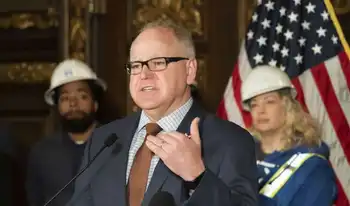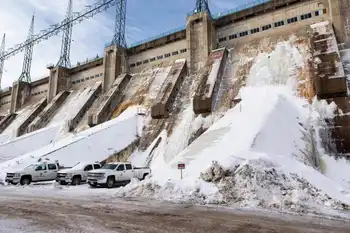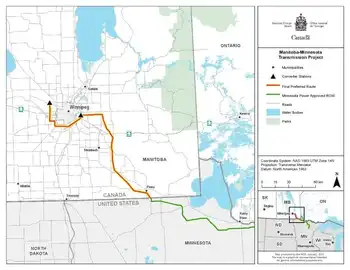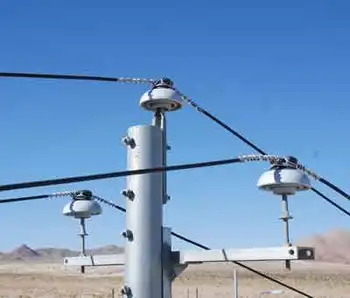Southern California Edison breaks ground on wind farm
MOJAVE, CALIFORNIA - Southern California Edison announced that it was breaking ground on a desert wind farm that could provide power for upwards of 3 million homes by 2013, predicting that it will be the largest wind transmission project in the country.
Officials estimate that the Tehachapi Renewal Project will eventually provide 4,500 megawatts of electricity. The project will harness the wind that blows through the Tehachapi Mountains about 100 miles north of Los Angeles.
Michael Peevey, president of the California Public Utilities Commission, said the project will create the single largest power block of wind energy in the country.
"Our action today represents a critical step in alleviating the transmission constraints that have limited our ability to access substantial wind resources in the Tehachapi region," he said in a statement.
Currently the countryÂ’s largest wind farm is the Horse Hollow Wind Project in Texas that provides 730 megawatts, according to Edison spokesman Steve Conroy.
Construction was expected to begin on March 11. The first few phases include building two new substations near Mojave and Monolith and several new transmission lines that are expected to be operational by 2009.
The project is part of EdisonÂ’s five-year, $5 billion transmission expansion program. Edison provides power to 180 cities in central, coastal and southern California outside Los Angeles.
In January, the city of Los Angeles broke ground on the 8,000-acre Pine Tree Wind Project in the same area. That project is expected to produce enough electricity to power 56,000 homes when it is complete in 2009.
Wind energy currently makes up just over 1 percent of all the power used in the U.S. but is the nationÂ’s fastest growing energy source, according to the American Wind Energy Association.
Related News

Minnesota 2050 carbon-free electricity plan gets first hearing
ST. PAUL - Gov. Tim Walz's plan for Minnesota to get 100 percent of its electricity from carbon-free sources by 2050 was criticized Tuesday at its first legislative hearing, with representatives from some of the state's smaller utilities saying they can't meet that goal.
Commerce Commissioner Steve Kelley told the House climate committee that the Democratic governor's plan is ambitious. But he said the state's generating system is "aging and at a critical juncture," with plants that produce 70 percent of the state's electricity coming up for potential retirement over the next two decades. He said it will ensure that utilities…




